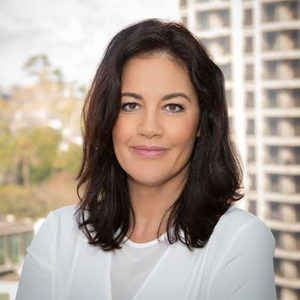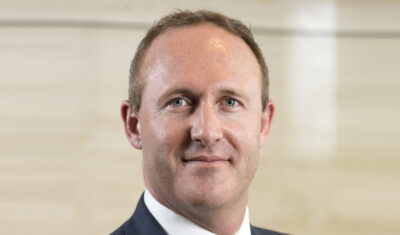-
Sort By
-
Newest
-
Newest
-
Oldest
-
All Categories
-
All Categories
-
Appointments
-
Custody
-
ESG
-
Funds Management
-
Super
Kristen Kohere-Soutar has stepped up as Mercer NZ chair following the retirement of long-time incumbent, Ross Butler. Kohere-Soutar joined the Mercer board in 2017, simultaneously dropping her director spot on the NgÄi Tahu-run Whai Rawa Fund. Mercer runs both investment and, more recently, fund administration for the almost $100 million Whai Rawa. In a statement,…
By Greg Bright Recent work by Boston-based communications agency CL-Media Relations LLC has raised some interesting questions over correlations between asset managers’ funds under management and their market cap. It’s not about the total of FUM, it’s more about how it was derived. The communications firm, co-founded by partner Rich Chimberg, has presented clients and…
For years, the industry waited for the pace of growth of the SMSF sector, in both assets and number of trustees, to slow and then move into reverse. That time is upon us. But, according to John Maroney at least, the consolidation, cements the sector’s importance. SMSFs will likely settle into a position representing about…
*By John O’Brien Warren Buffett came to my wife in a dream and told her to put all her retirement savings in Berkshire Hathaway stock. So, she did. Not to be outdone, I lay in bed waiting for inspiration. The only person I could come up with was Michael A.J. Farrell, who invented the mortgage REIT….
A memorial service will be held for Andrew Dawson today (January 28) following his recent passing. A well-known and colourful figure in the institutional funds space since the early 1990s, he will be sorely missed. As he will be in the small community of Jamberoo, on the south coast of NSW, where he last resided…
The NSW Government’s TCorp, the $100 billion investment and financial management body, has recruited Diana Callebaut from Cbus as its head of real assets. She left Cbus only last Friday (January 24) and starts her new job next Monday (February 3). Not much gardening leave in that timeframe. Callebaut joined Cbus as head of infrastructure…
Frontier Advisors expects to release its new information technology platform tools for clients, known as ‘Partners Platform 2.0’, later this year, the asset consulting firm said in its annual review for clients published last week. Andrew Polson, Frontier’s chief executive, said: “We realised the role technology can play in an institutional advice model many years…
An analysis of consequences of the European restrictions on broker commissions from fund managers, under MiFID II, has led to some interesting work on what constitutes an optimum size and structure of an investment team. The results are equally applicable to big super funds and other institutional investors. A recent international shares sector report by…
Fee wars intensified in the US exchange-traded fund (ETF) market last year squeezing down investor costs to record lows in all product varieties, a new FactSet analysis reveals. Having arguably started the fees war, ETFs are now also getting squeezed alongside active managers. The FactSet study found about a third of all US-listed ETFs cut…
ESG is a big and complex subject which institutional investors still struggle with. Their hearts may be in the right place but subjecting their beliefs to fiduciary investment rigour is a different story. Mans Carlsson-Sweeny has spent the past 13 years analysing all aspects of ESG. His latest passion is plastics. Ausbil Investment Management last…
Admittedly, he has a bit of a bee in his bonnet over this subject, but former fund manager, asset consultant and current advisor and researcher John Peterson, mounts a compelling case for active management. He can also show that active manager performance has been persistent. In his latest client note, published last week, John Peterson,…
Crestone Wealth Management is shaping up as the new blueprint for wealth managers in a post Royal Commission world. Not only have its funds under management increased, at an increasing rate, in the past three years, but the firm has also attracted more advisors into its fold at a time when advisors are moving away…
















